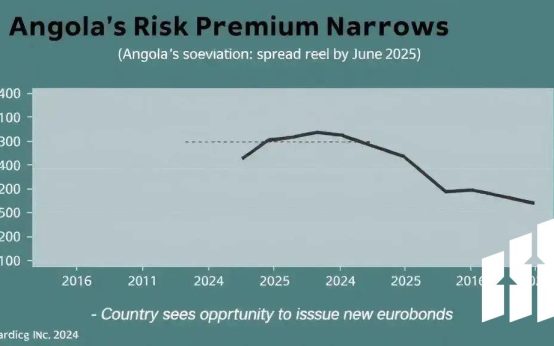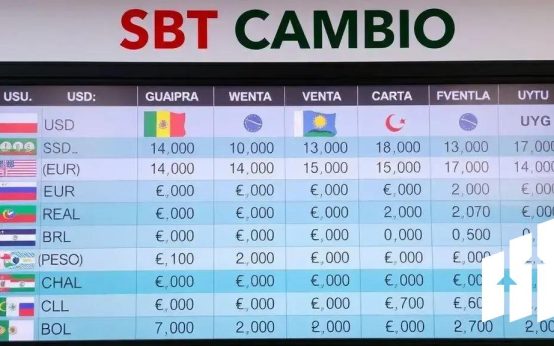Turkey’s economy has demonstrated surprising resilience, achieving a 1.6% GDP growth in the second quarter, despite rising interest rates aimed at controlling inflation. Key sectors such as tourism and exports played a critical role in this growth, offsetting potential downturns. While the central bank’s interest rate hikes can increase borrowing costs for consumers, experts remain cautiously optimistic about sustained economic performance. Government support for essential industries will be crucial for maintaining this positive trajectory in the future.
Turkey’s economy has shown surprising strength even with higher interest rates. In fact, the country’s GDP grew by 1.6% in the second quarter. This growth comes as a bit of a shock to many. With inflation and rising costs, people expected a downturn.
Effects of the Recent Rate Hike
The central bank’s recent decision to raise interest rates was a significant move. This was done to help control inflation. Higher rates can make borrowing more expensive, which sometimes slows down spending.
Why the Growth Surprised Experts
Despite these challenges, Turkey’s economy did not shrink. Many businesses found ways to adapt. Some sectors, like tourism and exports, remained strong. This resilience in the market helped the overall economy.
Future Outlook for Turkey
Looking forward, experts are cautious but hopeful. They believe the strong growth may continue if the government supports key industries. Keeping inflation in check will also be vital for sustained growth.
Conclusion
In conclusion, Turkey’s economy is showing remarkable growth even in the face of rising interest rates. The 1.6% increase in GDP reveals how businesses are adapting and thriving despite challenges. Key sectors like tourism continue to contribute positively.
Looking ahead, it is crucial that the government supports these efforts. By managing inflation and encouraging growth in important industries, Turkey can maintain its upward trajectory. Overall, the current trends suggest that Turkey can face economic challenges head-on and emerge even stronger.
FAQ – Frequently Asked Questions about Turkey’s Economic Performance
How has Turkey’s GDP grown despite high interest rates?
Turkey’s GDP grew by 1.6% due to resilience in key sectors like tourism, which helped offset the negative impacts of rising rates.
What factors contributed to the economic growth in Turkey?
Factors include strong performance in tourism and exports, as businesses adapted well to economic challenges.
What role does the central bank play in Turkey’s economy?
The central bank sets interest rates to control inflation and stabilize the economy, affecting borrowing and spending.
Is Turkey’s economic growth sustainable in the long term?
While current indicators are positive, sustainability will depend on government support for key industries and effective inflation control.
How do interest rate hikes affect consumers?
Higher interest rates can increase borrowing costs, making loans and mortgages more expensive for consumers.
What can be expected from Turkey’s economy in the future?
Experts are cautiously optimistic. Continued growth may occur if the government encourages investment in vital sectors and addresses inflation.


 Miran Highlights Dual Goals of Fed and Interest Rate Outlook
Miran Highlights Dual Goals of Fed and Interest Rate Outlook  Are You a Robot? Unusual Activity Detected on Bloomberg
Are You a Robot? Unusual Activity Detected on Bloomberg  Keir Starmer Leads Business Delegation to India for Trade Pact
Keir Starmer Leads Business Delegation to India for Trade Pact  Takaichi Appoints Ex-Finance Minister as Secretary General of LDP
Takaichi Appoints Ex-Finance Minister as Secretary General of LDP  Argentina Continues Dollar Sales Amid Weakened Peso Crisis
Argentina Continues Dollar Sales Amid Weakened Peso Crisis  White House Calls on Democrats to Resolve Ongoing Government Shutdown
White House Calls on Democrats to Resolve Ongoing Government Shutdown